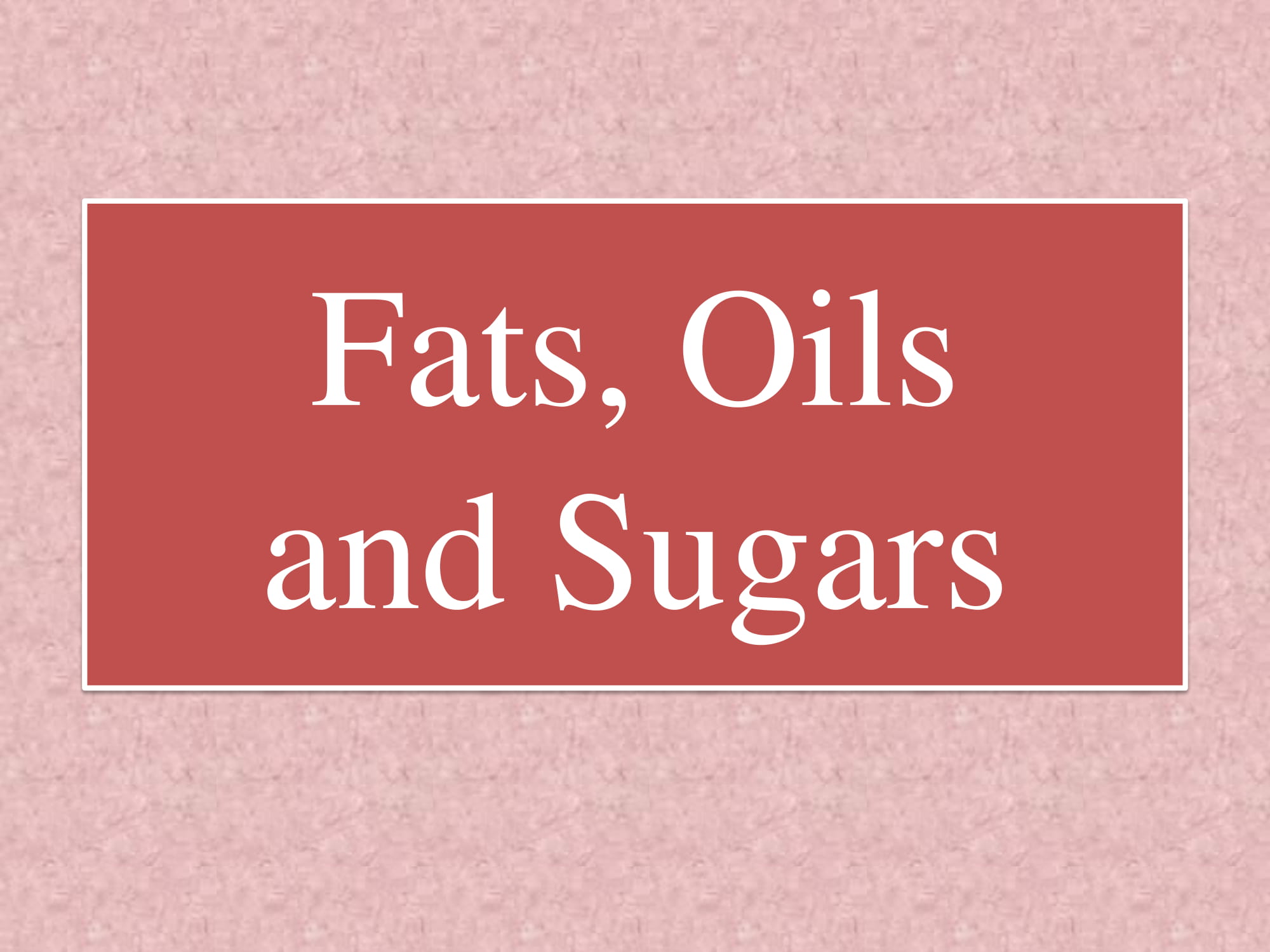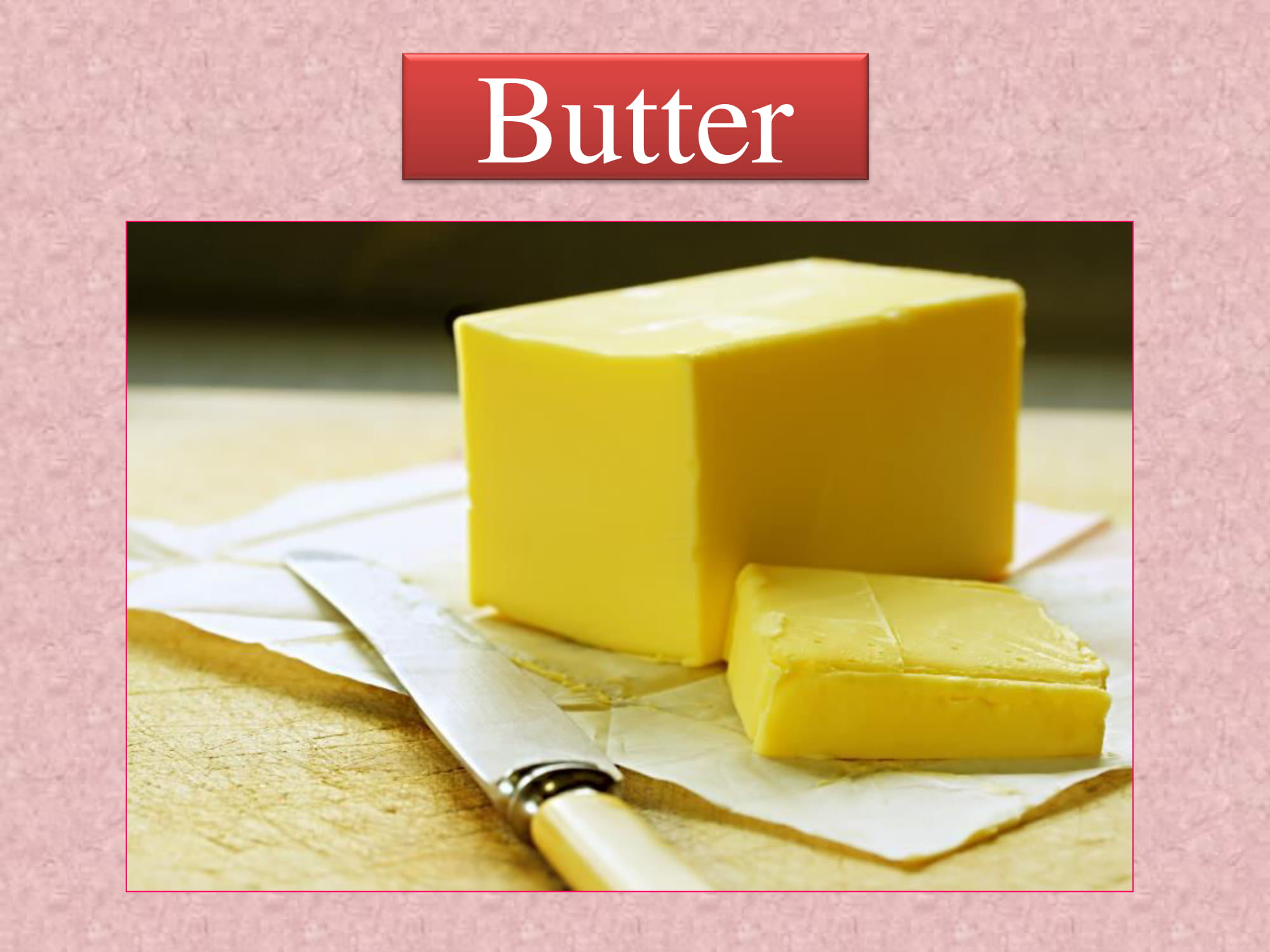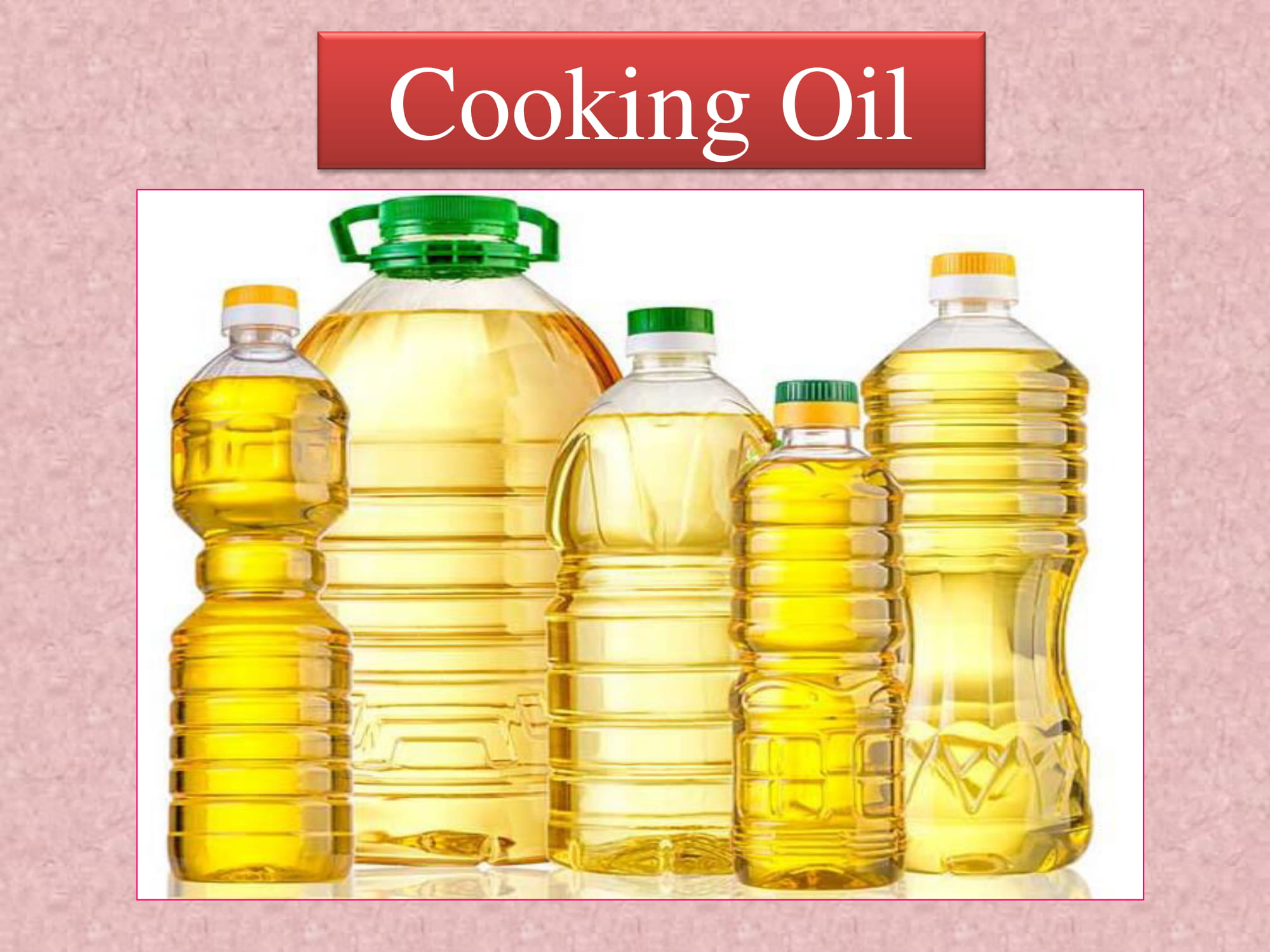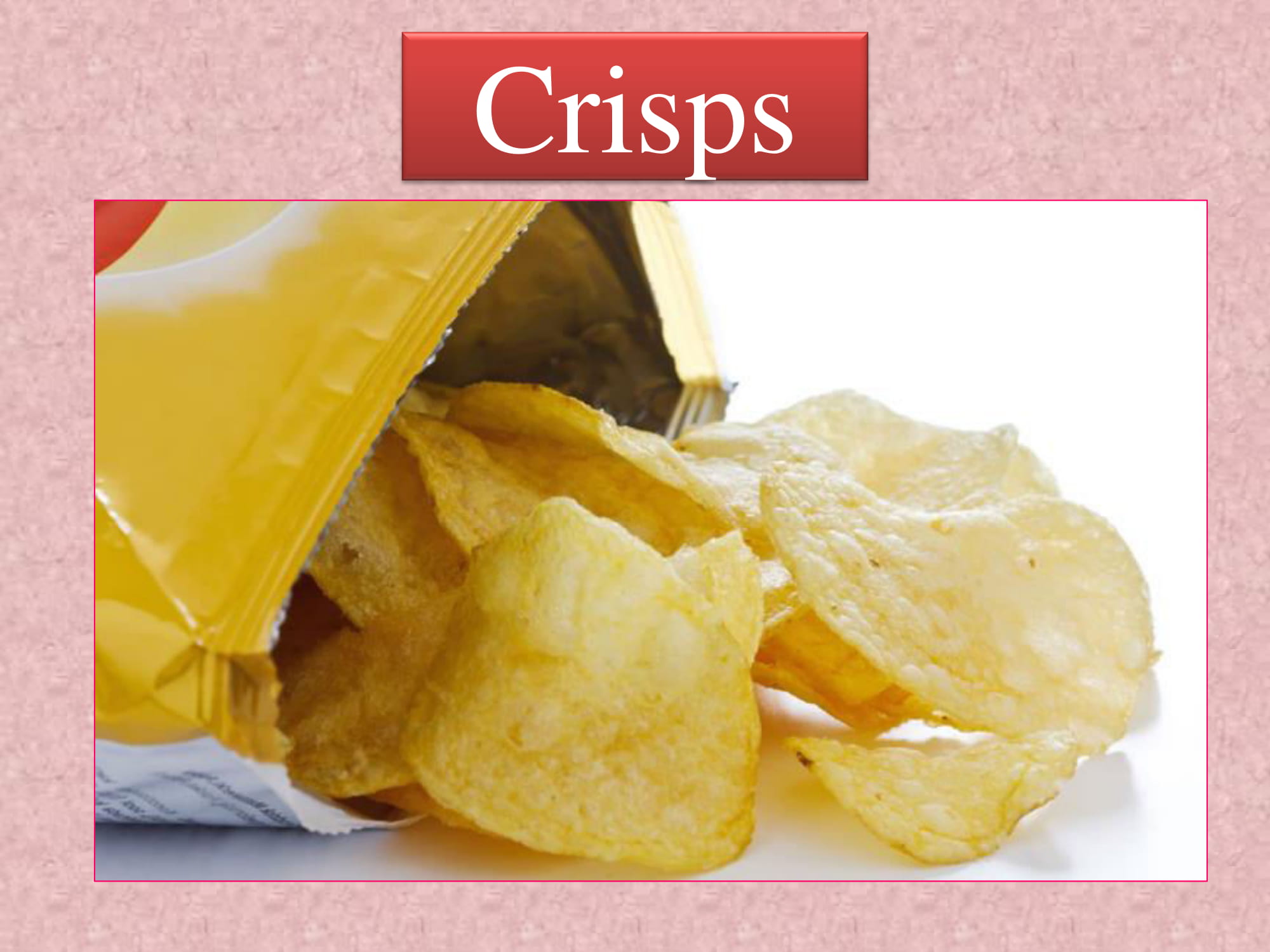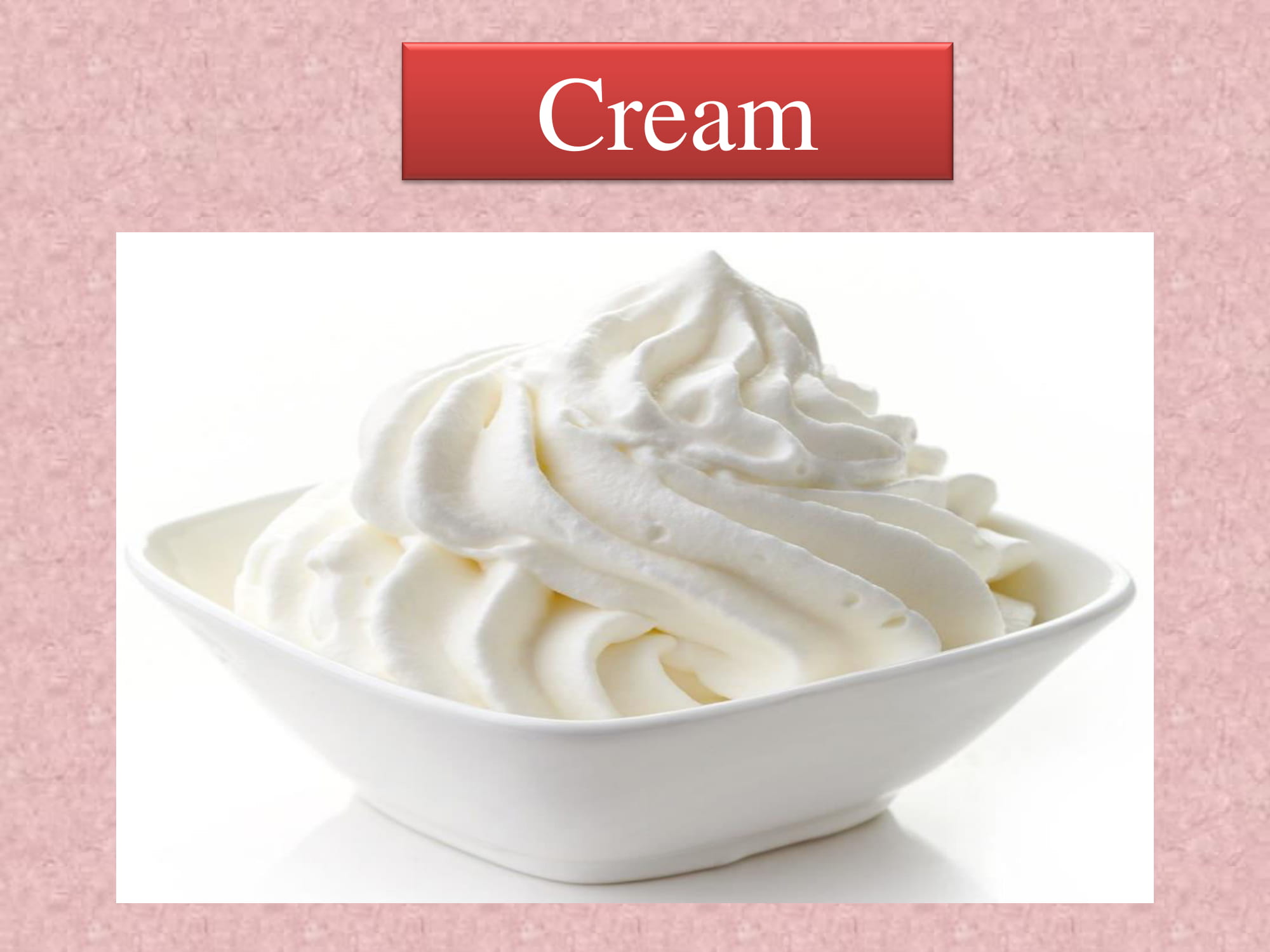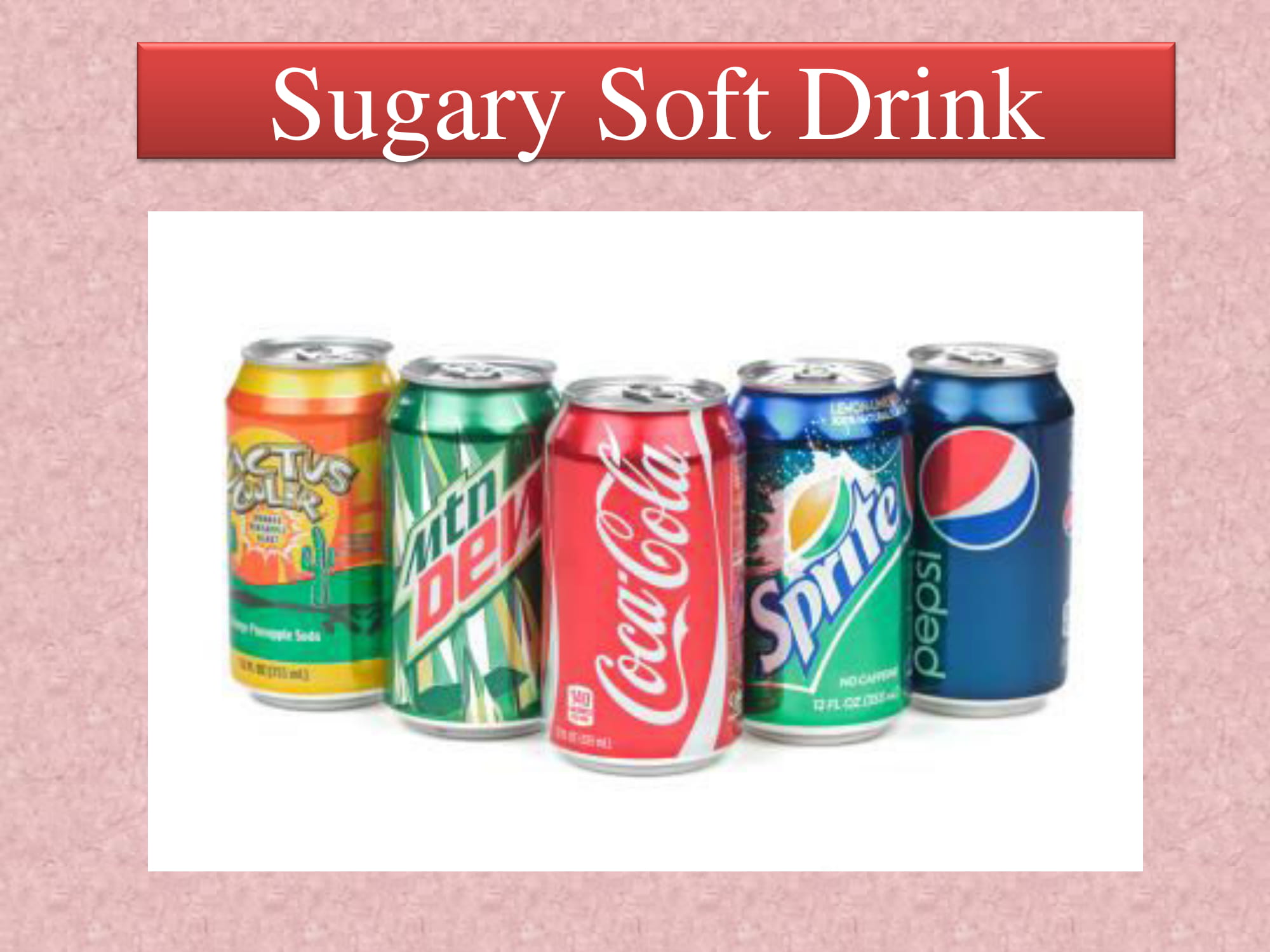This group contains butter, margarine, cooking oils, cream, salad dressings, chocolate, crisps, sugary soft drinks, sweets, jam, cakes, pudding, biscuits and pastries. These foods give us a lot of energy (calories) but not many nutrients. Junk foods are often high in fat, sugar and salt. It’s important not to have too many foods from this group too often.
Some fat in our diet is essential but not too much to have it. Plant-based oils like vegetable, rapeseed and olive oil are rich in unsaturated fat, so they can help lower cholesterol and reduce the risk of heart disease.
One portion of Fats, oils and sugars is:
- 1 portion pack of reduced-fat or light spread for 2 slices of bread
- 1 teaspoon of rapeseed, olive, canola, sunflower or corn oil per person when cooking
- Half a bar of chocolate.
- 1 bag of lower-fat crisps
- 1 small cup cake (without icing)
- 1 plain mini muffin
- 2 plain biscuits or 1 chocolate biscuit
- 1 scoop of vanilla ice-cream
- 5-6 chips
What type of food should I eat?
- Choose vegetable oils instead of butter, and oil-based sauces and dips instead of ones with butter, cream, or cheese.
- Drink plain water instead of sugary drinks.
- When cooking and preparing foods, limit the amount of salt and high-sodium condiments (e.g. soy sauce and fish sauce)
- Avoid foods (e.g. snacks), that are high in salt and sugars
- Limit intake of soft drinks or soda and other drinks that are high in sugars (e.g. fruit juices, cordials and syrups, flavoured milks and yogurt drinks)
- Choose fresh fruits instead of sweet snacks such as cookies, cakes and chocolate
- Use unsaturated vegetable oils (e.g. olive, soy, sunflower or corn oil) rather than animals fats or oils high in saturated fats (e.g. butter, ghee, lard, coconut and palm oil)
- Eat only limited amounts of processed meats because these are high in fat and salt
Why should be concern?
People whose diets are high in sodium (including salt) have a greater risk of high blood pressure, which can increase their risk of heart disease and stroke. Similarly, those whose diets are high in sugars have a greater risk of becoming overweight or obese, and an increased risk of tooth decay. People who reduce the amount of sugars in their diet may also reduce their risk of noncommunicable diseases such as heart disease and stroke.

